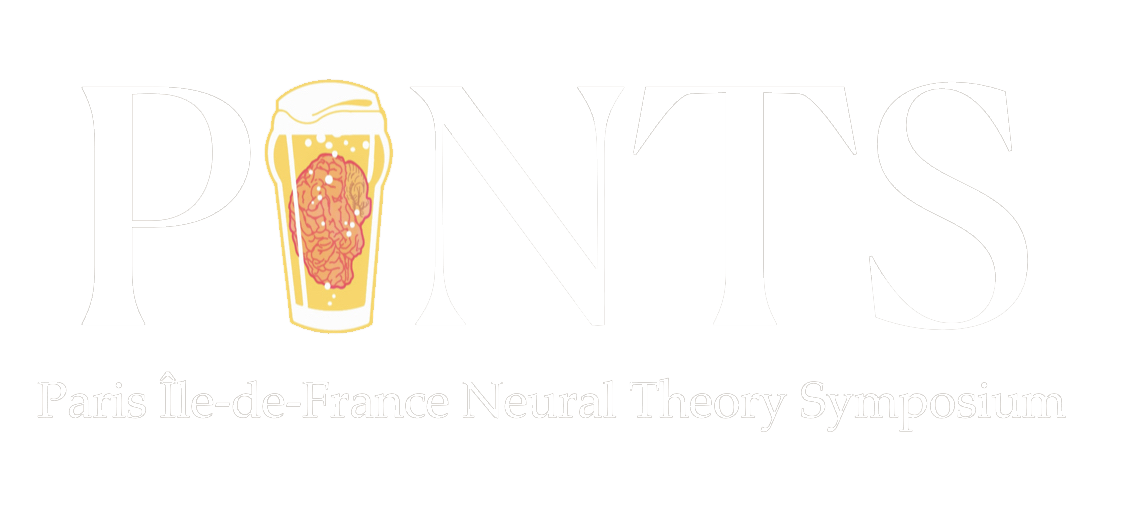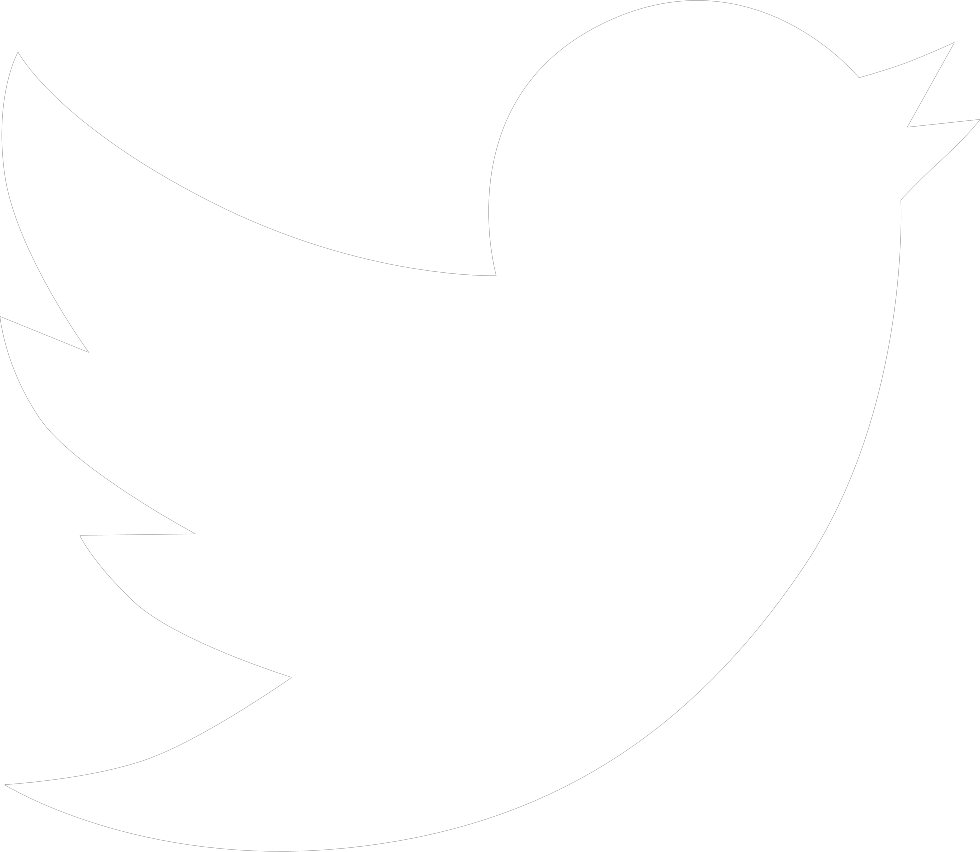
This is the PINTS community graph. Add yourself to the graph by signing in with GitHub, add your skills to take your place in the network graph.
The PINTS community is part of the larger BrainWeb community and you can explore your connections within the wider network.
Please note that this is not a sign in/registration to the symposium.
Paris computational and systems neuroscience symposium, June 2nd 2022
Location: Jean-Jaures Auditorium, Ecole Normale Superieure, 29 Rue d’Ulm (click here to download a map to locate the auditorium)
Schedule
Thursday, June 2nd
9.20 – 9.30 AM
Greeting from the organisers
Session 1
Start at 9:30 AM
Matthew Chalk, Institut de la Vision, (Website)
Using human feedback to optimise vision restoration
Catherine Tallon-Baudry, ENS-PSL Département d'Etudes Cognitives, (Website)
Subjectivity, brain & viscera
Michael Zugaro, Collège de France, (Website)
Hippocampo-cortical dynamics underlying memory formation and consolidation
11 – 11:30
Break
Session 2
Start at 11:30
Katja Heuer, Institut Pasteur, (Website)
How to network
Timo van Kerkoerle, NeuroSpin, (Website)
Reversible symbolic reference: A potential singularity of the human brain
Justine Cassell (Plenary, 45 mins), PRAIRIE & Carnegie Mellon, (Website)
Sociality in language and thought
13.00 – 14:00
Lunch
Session 3
Start at 14:00
Brice Bathellier, Institut de l'Audition, (Website)
Awake perception is associated with dedicated neuronal assemblies in cerebral cortex
Jean-Baptiste Masson, Institut Pasteur, (Website)
Towards inferring neural connectome modification from behavioral anomalies
Claire Sergent, INCC, (Website)
Brain dynamics associated with conscious access
15:30 – 16:00
Break
Session 4
Start at 16:00
Virginie van Wassenhove, NeuroSpin, (Website)
serial order vs. chronology. exogeneous vs. endogeneous causes.
Vincent Hakim, ENS-PSL Physics, (Website)
Beta oscillations and waves in motor cortex
David DiGregorio, Institut Pasteur, (Website)
A synaptic mechanism for encoding time within neural circuits
17:30
Reception
How to get the best symposium experience
LogIn please 🗝
Go to the main page and log in with GitHub. This will add you into the network graph of computational and systems neuroscience enthusiasts 💛 and allow you to discover your like-minded neighbours.
If you do not have a GitHub account yet, you can easily create one at https://github.com, providing your email address, user name and real name (full name is not obligatory but we recommend it.)
Posterwall Chat 💬
Our posterwall will have a main chat window to interact with all participants. This chat will be available beyond the conference. You can also search for attendees to send them a direct message, or create groups, and leave a message to coordinate poster visits.
Poster video chat rooms 🎥
will be linked from that same page once the symposium is running, and posters where people are connected will be highlighted on the posterwall, showing a little number of how many people are connected to the poster. We recommend to use Chrome browser as the rooms rely on jitsi. But other browsers should work fine as well.
In your poster room, you can video chat with people, and also share your screen for additional or interactive content. You could, for example, open your poster and walk people through. Note: this chat will currently not be saved once you leave the room. Work in progress to have a persistent individual poster room chat 🤩.
Sounds good? Submit! Detailed info for poster submission can be found below.
Submit your poster
To see your work on our interactive zoomable poster wall, please prepare a poster in square shape 100*100cm and high resolution, and upload to our drive.
Register
Registration is free but please sign up for PINTS on Eventbrite .
For catering, please sign up here so we can organise coffee and lunch.
Please also add yourself to the PINTS graph to join our community as a part of the larger BrainWeb community. Once you logged in, your name should be an isolated dot flying around. Find it, click on it, and add your skills. That will start to create links with others, and you'll become part of the cluster of people sharing similar skills. Please keep the "pints" term in your skills panel to be part of the PINTS graph. You can learn more about others by clicking on their dots.
Team of organizers
Adrienne Fairhall (Fairhall Lab, Computational neuroscience, University of Washington)
 @alfairhall
@alfairhall
Alex Cayco Gajic (The Cayco Gajic Lab, Mathematics of neural circuits, École Normale Supérieure, Paris)
Made with love by The BrainWeb  @TheBrainWeb ❤ Please respect the PINTS Code of Conduct.
@TheBrainWeb ❤ Please respect the PINTS Code of Conduct.